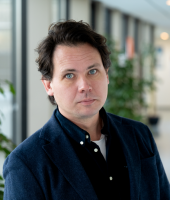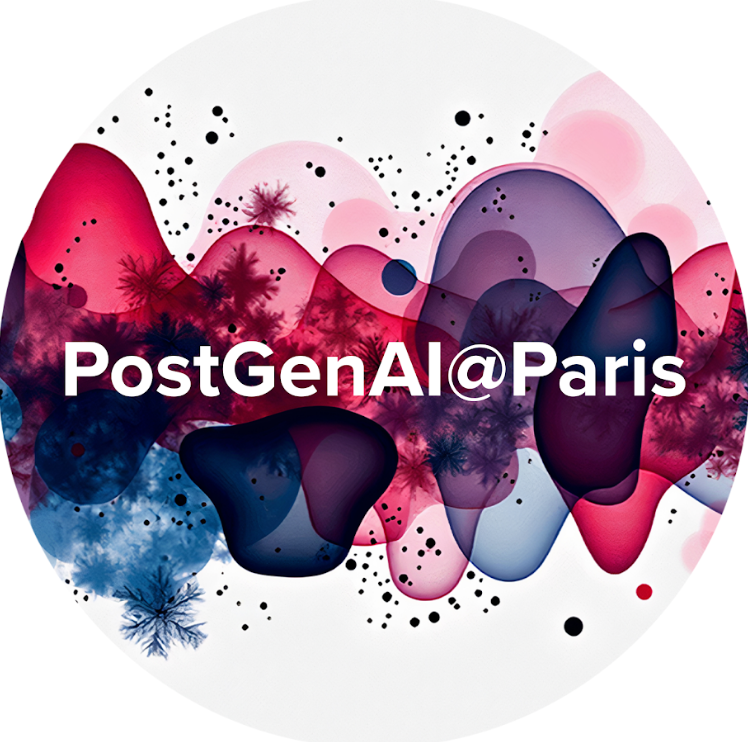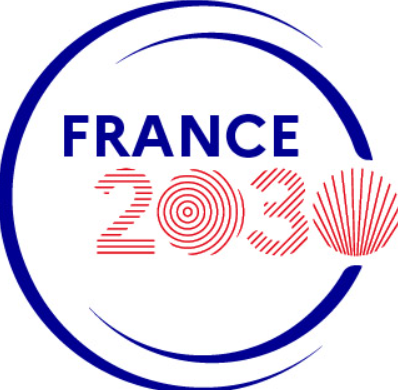Anders Kristian Munk
Anders Kristian Munk is Professor of Computational Anthropology and Head of the Observatory for Human-Centred Engineering (ECHOlab) at the Technical University of Denmark. His research focuses on technological controversies in society and integrations of qualitative and computational methods for mapping and analyzing these events. He holds a PhD in Geography at Oxford and is a co-founder of the Public Data Lab, the Techno-Anthropoloigy Lab, and MASSHINE (Aalborg University's hub for computational social science and humanities research), the latter two of which he has also directed.
Anders Kristian Munk joins the Paris IAS in February for one month as part of the "Distinguished Fellowship program" developed in collaboration with PostGenAI@Paris, led by Sorbonne University. Based in the heart of Paris, this interdisciplinary and cross-sector consortium aims to promote ethical, inclusive and sovereign AI that is fully rooted in the major challenges of our time.
The Paris IAS welcomes international researchers to support them in their research on artificial intelligence, its consequences for our societies and the prospects it offers for the future.
Research topics
Technological controversies in society; quali-quantitative methods; culturally explainable AI.
VAIAS - Visualization for AI Augmented Sociology
This project aims to develop AI-augmented qualitative research methods that can analyze large-scale social phenomena in real-time while maintaining interpretative depth. The focus is on "observatorial" controversy mapping - continuously tracking how sociotechnical controversies evolve using Large Language Models (LLMs) and advanced visualization techniques.
As part of the PostGenAI@Paris and during at the Paris IAS, the research project will create tools for computational social sciences, particularly "atlas systems" that visualize large unstructured dataset with embedding models and LLMs. Key challenges include adapting LLMs for rigorous social research, managing AI limitations like hallucinations, and developing specialized prompting skills for sociological analysis.
Expected outputs include: open-source visualization software for large embedded datasets with temporal dimensions; a benchmark system with synthetic datasets for controversy mapping; evaluation procedures for interpretive research needs; and theoretical principles for big qualitative analysis. The benchmark will test whether visual clusters reflect discursive styles versus arguments, and how continuous spectrums of opinion are represented visually.
This addresses the bottleneck where traditional qualitative methods produce insights too late to impact fast-changing sociotechnical landscapes, enabling democratic engagement with emerging controversies when public input is most needed.
Key publications
MUNK, A.K., JACOMY, M., FICOZZI, M. & JENSEN, T.E. "Beyond artificial intelligence controversies: what are algorithms doing in the scientific literature?" Big Data & Society, 11(3), 2024.
MUNK, A.K., KNUDSEN, A.G., JACOMY, M. "The Thick Machine: Anthropological AI Between Explanation and Explication", Big Data & Society, 9(1), 2022.
VENTURINI, T. & MUNK, A. K. "Controversy Mapping: A Field Guide", Cambridge: Polity Press, 2021.
|
|
|
|
|
|


